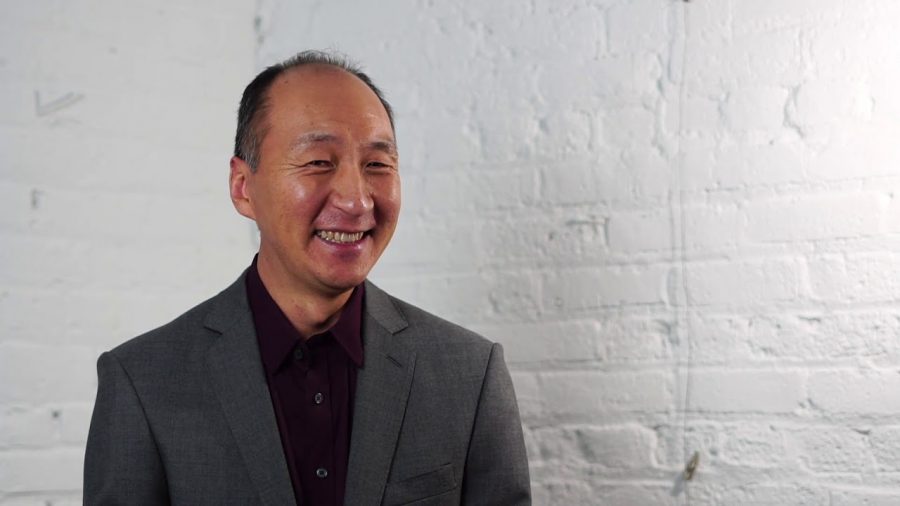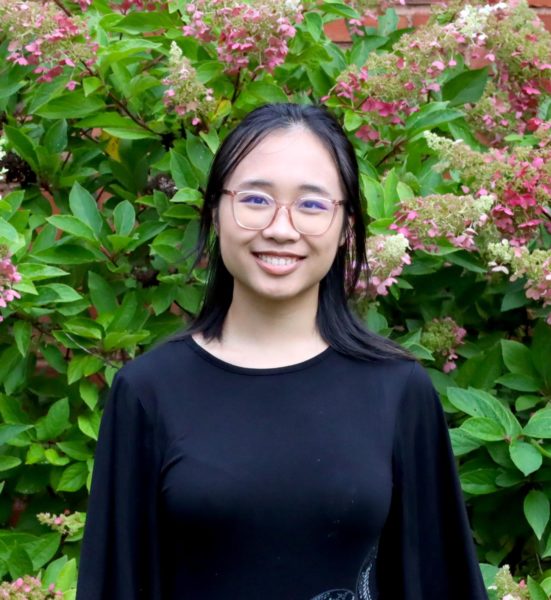The potential of extending the 14-day limit on human embryo research
Courtesy of Cleveland Magazine
Dr. Insoo Hyun
April 30, 2021
With the Pfizer and Moderna vaccines being produced through an mRNA-based mechanism rather than using an adenovirus, the rapid progress being made in vaccine technology is readily apparent. However, it is not just vaccines that have progressed significantly: Recently, at Case Western Reserve University, bioethicists have also found a potential gateway to a significant scientific discovery.
In stem cell research, there is currently a limit placed on how long researchers can study human embryos in a dish. Because of the nature of stem cell research, you must always consider that vitro research should conclude 14 days after fertilization—about when implantation in the womb is normally completed. This 14-day limit is known as the “primitive streak,” in which the principal tissues of the body begin to form and an embryo can no longer divide into identical twins. Thus, the 14-day limit allowed research to proceed until the human embryo in a dish starts to become biologically unique.
When this limit was first established, technology wasn’t advanced enough for researchers to culture tissues anywhere near to two weeks. However, starting in 2016, scientists have been able to show that culturing tissues longer than two weeks may be beneficial in some stem cell research experiments. For example, the appearance of the primitive streak indicates the beginning of gastrulation, a key developmental event, proving that culturing embryos through this phase and beyond would allow this process to be studied, despite being past the 14-day period.
There is still the question of whether or not the tissue is still considered embryo, which is a bioethical issue. This involves the “14-day paradox,” where it is precisely those processes that are important to normal embryonic development that need to be studied in order to understand development that the 14-day limit is designed to avoid. As indicated, the relationship between moral status and developmental features is not straightforward, and the relationship between the moral status of embryos and how we should regulate them is even less so.
The possibilities opened up by modifying the 14-day limit are endless, which is why Dr. Insoo Hyun, professor of bioethics at the Case Western Reserve University School of Medicine, has taken interest. He and his research team have proposed six principles for how we can explore whether it is possible to go beyond the 14-day limit. These principles could be extended to more complex research beyond the study of embryos.
The definition and boundaries of an embryo raises a number of moral questions, with the 14-day limit at the center of issues surrounding research practices. While setting this limit was useful for recognizing such concerns and dilemmas in embryo-derived research, researchers like Professor Hyun are showing how regulating embryos solely on their properties may not be the solution.




